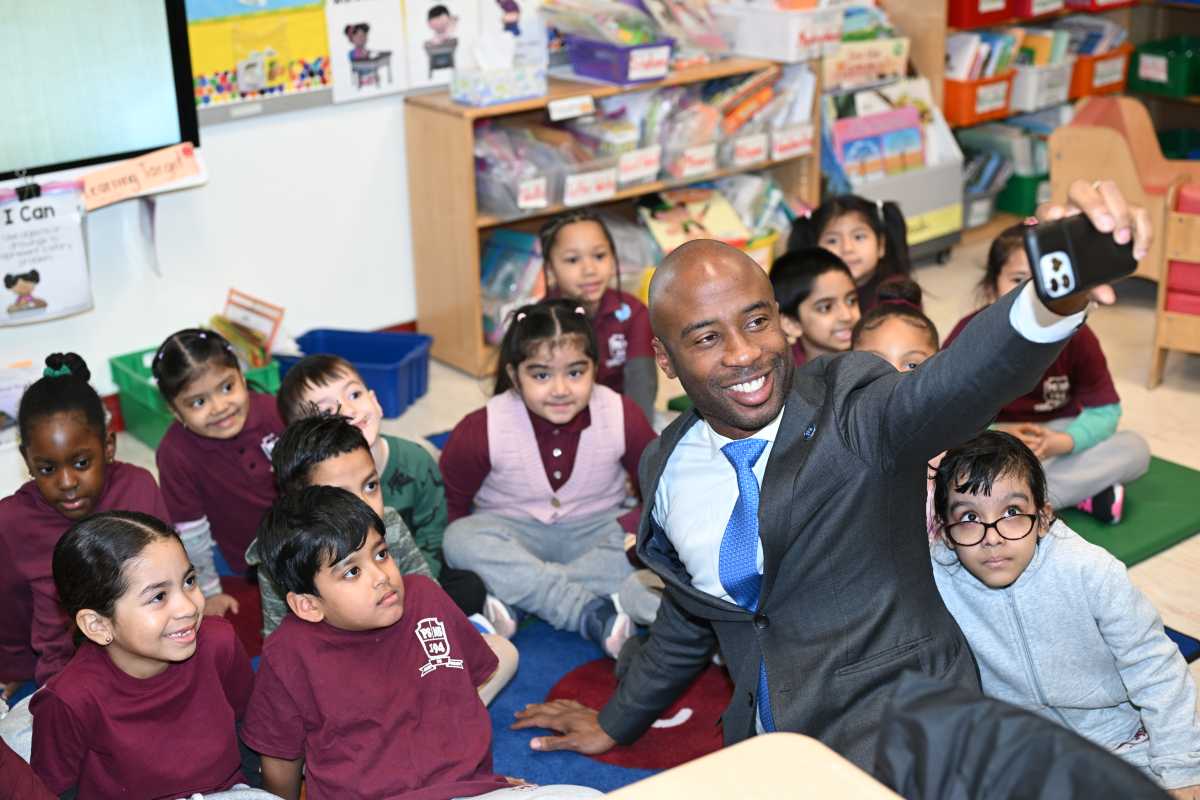Some kids are naturally organized. They always write down their homework assignments, bring home the correct books, and turn in all of their work on time. Yet others are, well, forgetful— usually neglecting to bring home the correct books and materials, thinking they can remember their assignments without writing them down, or completing certain assignments but forgetting to turn them in. With the volume of work and academic demands increasing rapidly as students move through school, it’s helpful to teach your child strategies for being more organized and less forgetful. Try some of the ideas detailed below.
Homework Planner System
Many students forget to write down their assignments or write only some of them, and very inconsistently. Encourage your child to try this five-column homework strategy to help him complete his assignments in a timely manner and remember the materials he needs to do so. To use this strategy, have him divide each day in his assignment book into five columns: A (assignments), ET (estimated time), AT (actual time), O (Order) and D (Done). When he is in school, the only portion that he should fill in is the assignments column, which should be the largest space (i.e. English essay on “Romeo and Juliet,” math pgs. 61-62, science worksheet, etc.).
When he arrives home and sits down to start his homework, he should first estimate how long he thinks each assignment will take to complete and write it in the ET (estimated time) column. Then, based on the estimated times, he should mark the order in which he wants to do the assignments in the O (order) column—1, 2, 3, 4, etc. He should keep an eye on the clock and write down the time it actually takes to complete each assignment in the AT column (and track the difference between the ET’s and AT’s), which will help build his time management skills. Once the assignment is completed and put in the correct place to be turned in, he should place a check mark under the D column—thus helping him to be less forgetful and more on top of his work.
[gravityform id=”18″ title=”false” description=”false” ajax=”true”]
Family Calendar
For kids who often forget about their after-school activities, evening obligations, sports games, and the like, a family calendar is often helpful. To create one, purchase a large calendar and designate one color for each family member. Hang it in a central location, like the kitchen or family room, so everyone can see it. Then every time an activity or event comes up, that person should write it on the calendar in the appropriate color. For instance, Lisa’s activities may be written in purple (soccer game, school play practice, dinner with grandma, etc.), Jack’s activities may be written in red, Mom’s obligations in blue, and so on. You may even designate a “family color,” representing events or activities that the entire family will attend.
Set up a routine
For forgetful kids, routines are often very helpful. Encourage your child to make it a habit to select her clothes the night before school and lay them near her bed. She should also always check her assignment book the night before school to make sure all assignments were completed, then double check to ensure that they were put away in the right place to be turned in. Additionally, she should include any other materials, supplies, or snacks that she may need for school the next day. The more organized she can be the night before school starts, the less hectic the morning will be and the less likely she will forget any books or materials.
Rewards
If all else fails and your child continues to forget necessary papers, books, and materials, try implementing a rewards system. If he remembers to turn in all homework on time for five consecutive days, for instance, he can earn a small prize that you mutually decide upon—like a video game, trip to the movies, or new book. Later, try extending it to ten days, then twenty, and so on, until his routine becomes so automatic that rewards are no longer necessary.
As students move through school, the academic and homework demands increase quickly. Help your child become more organized and less forgetful with these tips, and she will be well on her way to flourishing in school.
Dr. Emily Levy is the founder of EBL Coaching, a local tutoring program that specializes in one-on-one home and on-site instruction for students in grades pre-K-12. She is also the author of the workbook series Strategies for Study Success and Flags and Stars. To learn more about Emily Levy and EBL Coaching, visit eblcoaching.com!














